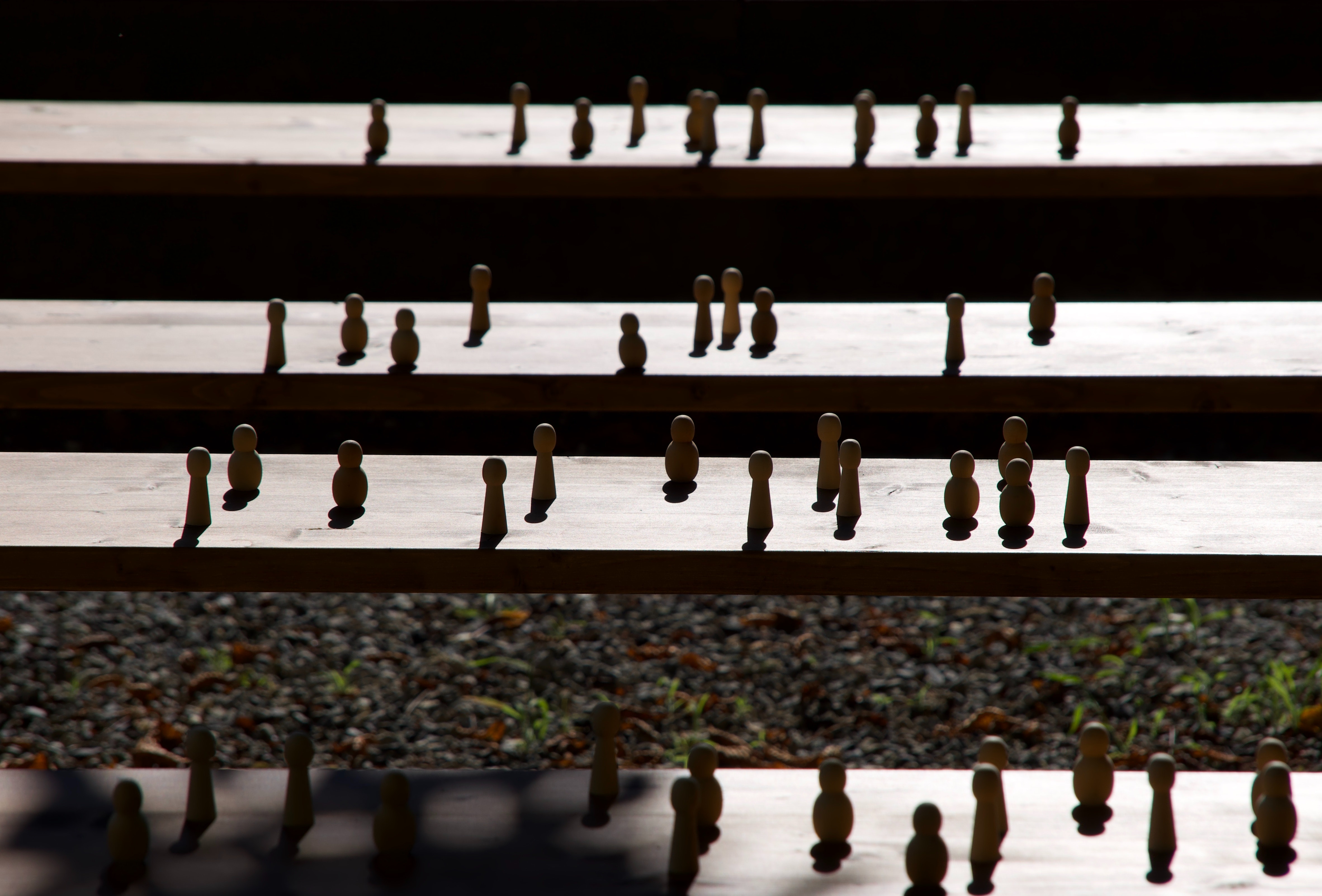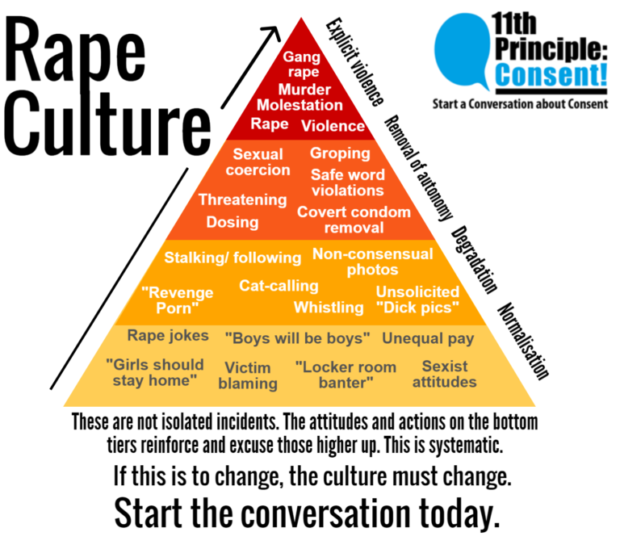Written by Anindita | Reviewed By John Victor | Updated On January 1, 1970

Listen to this article in Audio
The world we live in is stratified into various parameters such as gender, income, race, caste, and even skin tone. A combination of many of these social identities determines the privilege we hold in our daily lives. Such privileges influence one's quality of life - affecting the lifestyle, societal status, and mental health.
Clinical psychologist Abraham Maslow developed a theory of motivation based on the idea that when people grow up in an environment where their needs are not met, they will be unlikely to function as healthy or well-adjusted individuals. Thus, introducing equity to his theory helps us understand the impact of marginalization on one's personal wellbeing.
Maslow’s Hierarchy of Needs
The theory suggested that humans are motivated to satisfy five basic needs arranged in a hierarchy. Our efforts are directed towards satisfying the lower level needs, post which we seek to satisfy every successive level until we have satisfied all the five needs. The needs are as follows:
Maslow’s theory mentions how one can progress onto the next stage even if the lower level is partially fulfilled. This implies that a need can never be fully met, but an almost fulfilled need no longer motivates.
While every person is capable and desires to move up to the highest level, this progress is often stalled by life experiences.
Assessing the Impact of Discrimination
Many communities around the world face a basic threat to their safety and subsistence. There is a strong relationship between childhood exposure to various forms of abuse, neglect, and household stressors: including community violence, living in unsafe neighborhoods, and racial discrimination, with risk for adult health problems including both mental and physical health conditions such as autoimmune disorder, substance use, cardiovascular diseases, depression, etc.
Living in a trauma-inducing environment can stress parents, cutting short the time and resources they could use to create nurturing and secure relationships with their children. Hence children may face difficulties in their relationships with their parents, which leaves a lifelong impact on their socio-emotional development. Additionally, feelings of inadequacy and inequality perpetuated by many explicit and implicit biases/ discriminatory acts in society are projected onto relationships within and outside one's community. For instance, one may be apprehensive about the abilities of a group member and not be able to show acceptance to them.
Subjugation also manifests in the form of limited self-concept. A person denies their power to transform a situation and accepts discrimination as a perpetual hindrance in their lives.
Needless to say, uncertainty in fulfilling needs in the lower levels of hierarchy occupies the minds of some people, keeping them from reaching their full potential for growth and wellbeing. While it may be unlikely to expect an equitable world where such social hierarchies do not exist any time soon, one can start putting in efforts towards correcting the power imbalances in our society by acknowledging one's privileges and unlearning some of our implicit biases towards people.

WoMen-Men's World
Marginalization and the Impact on Self Development | Reevin
WoMen-Men's World
The Real Impact of Long-Standing Subjugation of Women
WoMen-Men's World
Tough up or heal: Why men need to cry.
WoMen-Men's World
Not All Men - Every Guy's Favourite ArgumentAnindita (she/her) is an undergraduate-level psychology student from Delhi. Having deep regard for mental health, she aims to create a safe space for those who wish to be heard, and impact-oriented conversations about the current state of affairs pertaining to mental health sensitivity in India, with a special interest in intersectionality and Indian philosophy.
She is also an arm-chair tea critic, cat lover, and cinema enthusiast who wishes to run across a watercolor sky every chance she gets.